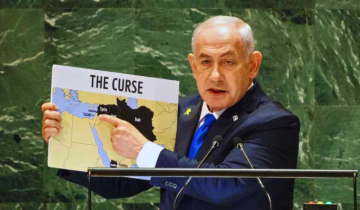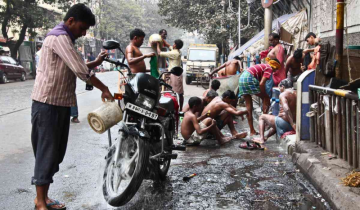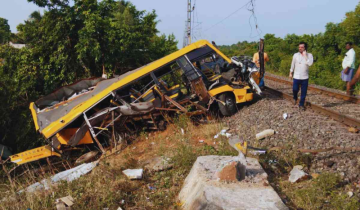Pablo Neruda once wrote - “Through the mountains you go as a breeze comes.”
Anyone who has ever fallen in love with the mountains will understand this line - the freedom, the gravitas and the looming stoicism of the ancient peaks & valleys. The flow of self, in an
environment best suited for it.
Mountains are to be revered, to be respected and to be a place of solace, self-reflection. My soul lives in the mountains. I have been to the busy beaches and the rolling plains. I have lived near a river, and survived in the concrete cages. Even more so in the last few years. But I have never been comfortable. There’s a pull, a call, an echo that reverberates in the vacuum of my heart where mountains are to be.
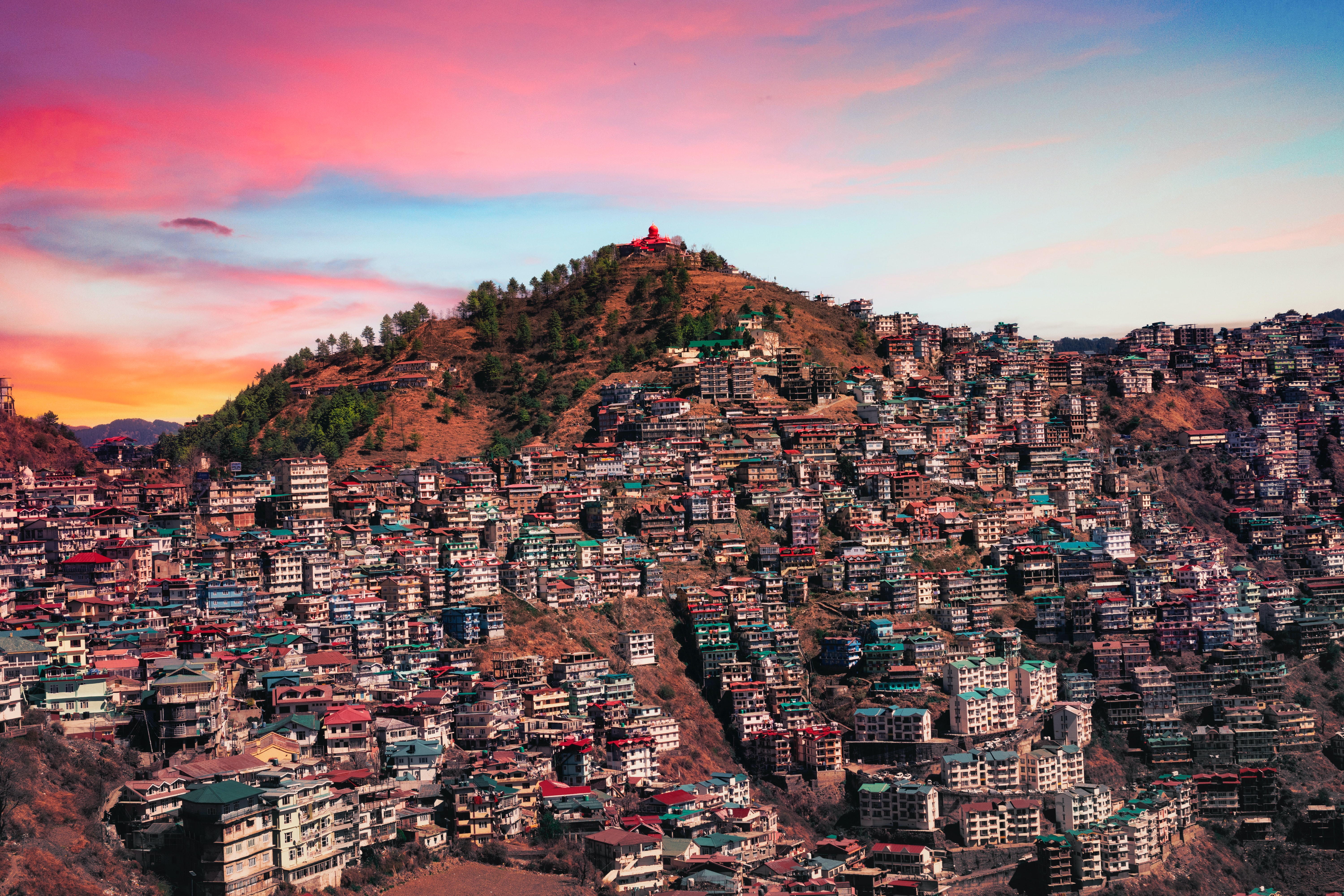
My love for Himachal is particularly personal. Yes, Leh Ladakh is gorgeous. But they are too overwhelming for me, too pretty, too breathtaking. Ladakh is an existential crisis, while Himachal has always been a rehab for me if that makes any sense. I have biked, driven, flown and caught a train to McLoedGanj throughout my 20s & 30s. It was the place to go when life got too much. But then the streets where the monks roamed, became a weekend destination for Chandigarh to do Aashiqui, if you get the reference. So we moved to Dharamkot, the next town upward. Which soon got super populated, so we started camping on the Triund glacier. Which too, soon became dirty and full of people. So we stopped visiting. Same with Kullu and Manali. Shimla was to be avoided at all costs lest you were on a family trip with kids or parents who needed civilisation around even when there.
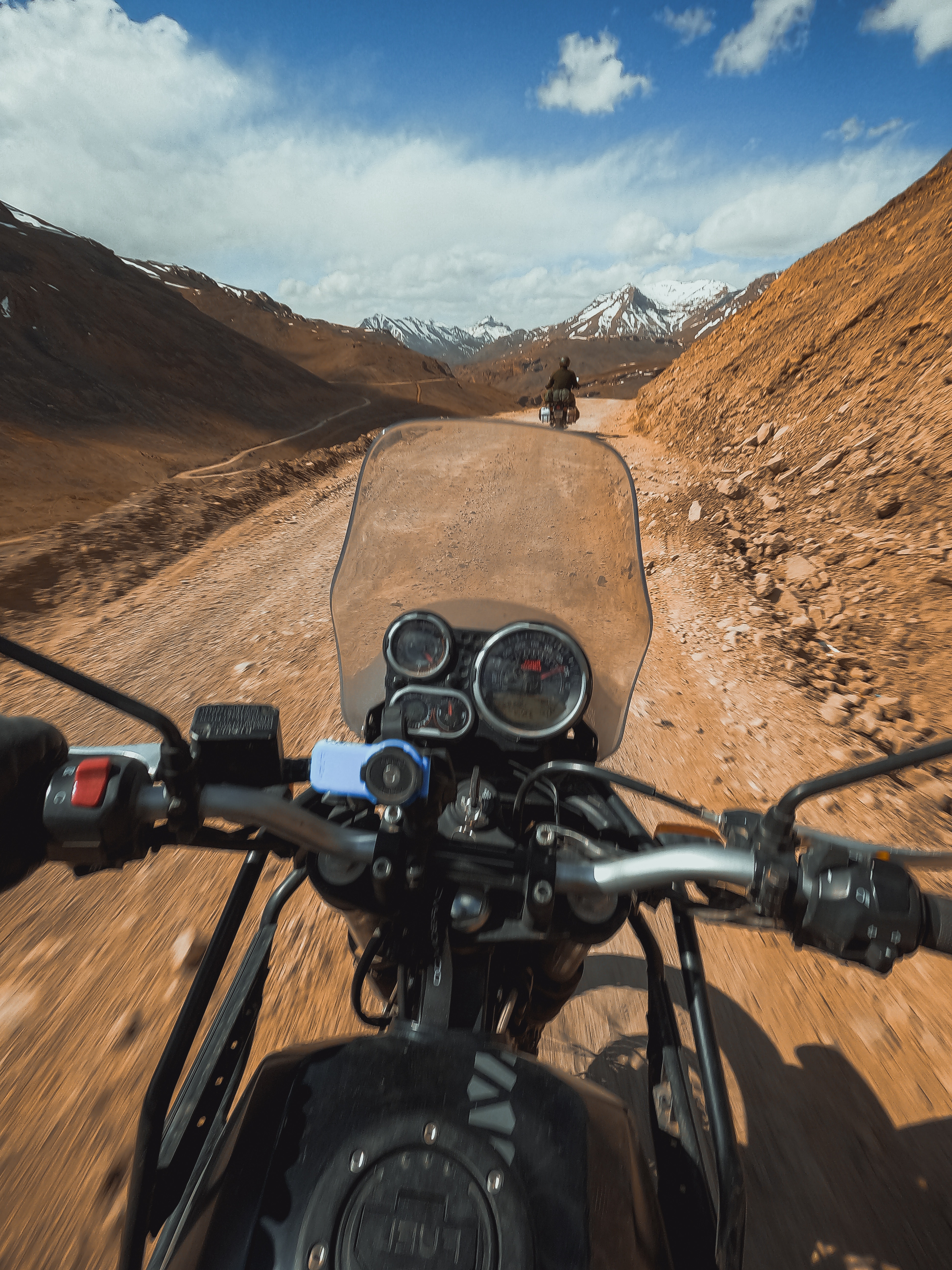
This brings me to the main point. I’m the issue. Me and a million others like me, who love the mountains, so we go there. Then shops open, malls spring up, property prices inflate. And before you can blink, there’s a McDonalds & a Dominos where there was once a small humble tea stall selling Maggi - a rest stop for hikers and passersby. But we keep moving higher up in search of peace and drag the chaos there with us. To a point where we turn a tranquil Pangong-Tso into a loud, obnoxious 3 Idiots fan selfie point.
In our cultural history, the mountains were a place to retire and seek wisdom. It was inaccessible for a reason, and that was to keep it as away from vacuous consumerism and mainland sensibilities as possible. Mountains were hard to reach, and that kept them safe. It was a badge of honour and self-endurance to have reached Khar Dung-La. Go there now, and you will find 100 taxis with thousands of tourists taking selfies while breathing in an engulfing stench of urine.
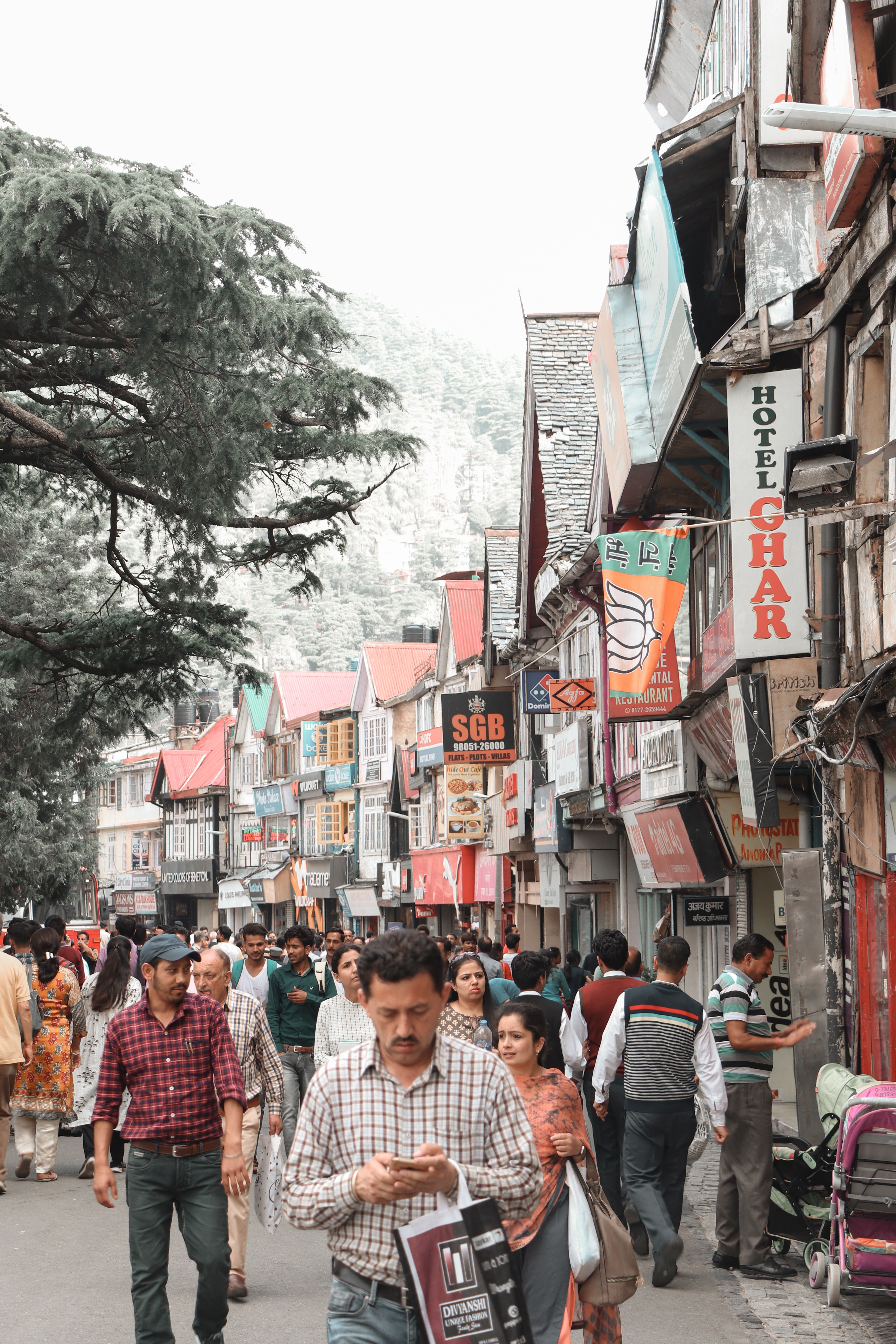
And with those people, come the businesses trying to sell them stuff, and then better roads are made, leading to more people, more stench, and more shops. Until there is no difference left between your local market and the highest motorable road. Not to speak of the irreversible causality this overcrowding and infrastructure building causes to the extremely specific flora & fauna of the region.
This damage can now be openly seen in newspapers and social media. We can now see what this rampant urbanisation of Himachal has done. How we have robbed an entire ecology of its ability to
maintain, heal and regenerate itself, as global climate change decimates the planet.
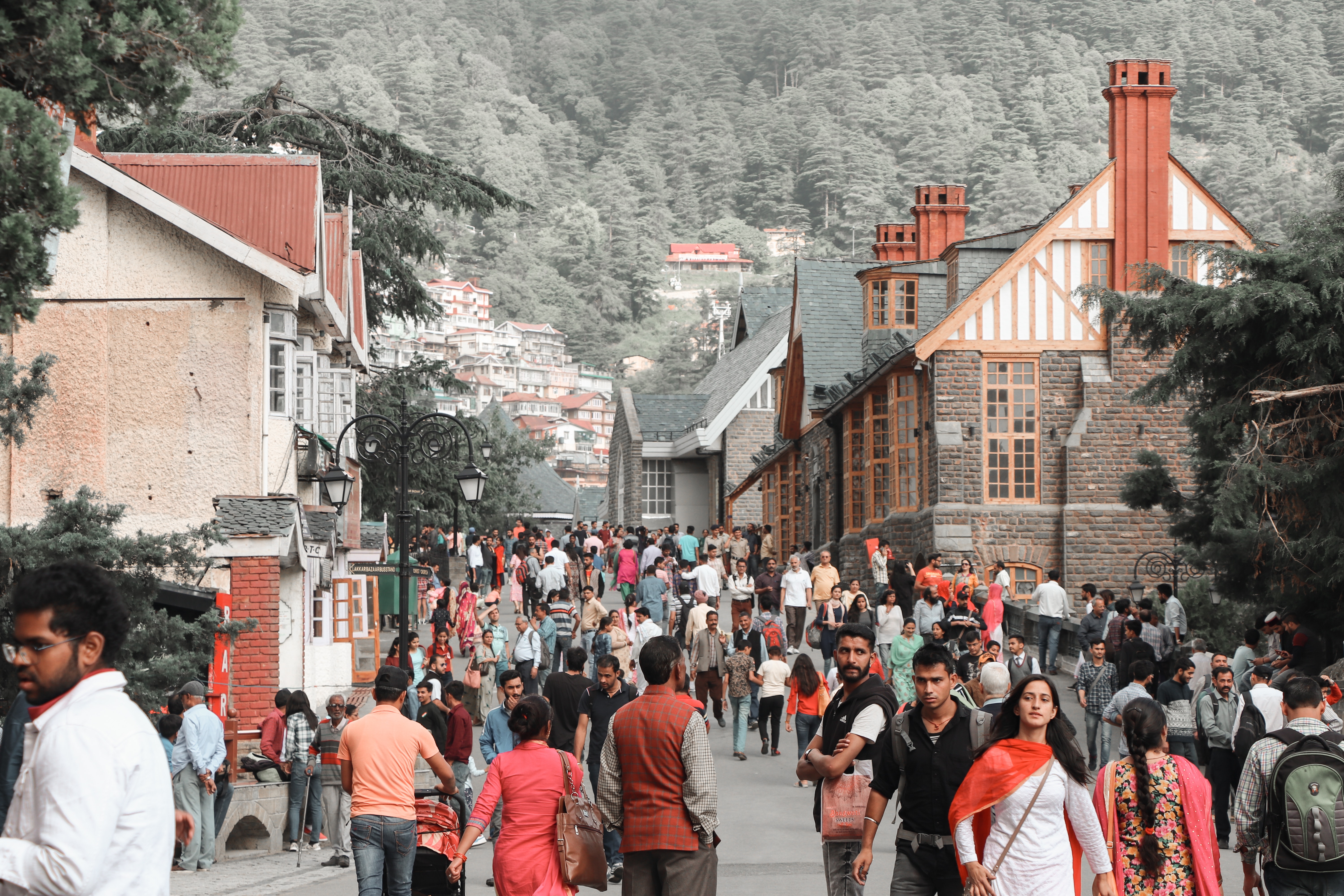
The real sad part of this story here is that as local Himachali societies strive for economic growth through modernity, their own home bears witness to a very visible tragedy. The serenity of these ancient landscapes has been shattered by the cacophony of bulldozers and jackhammers for a long time, and now the chickens have come home to roost.
These last two months have brought nothing but terrible and terrifying news to the state of Himachal, as landslides, floods, breakdown of infrastructure, property damage, terrible connectivity
and loss of human life have swarmed the headlines on a daily basis. But that’s not what we are here to talk about, we will link all the Himachal Pradesh-related news at the bottom for you to read.
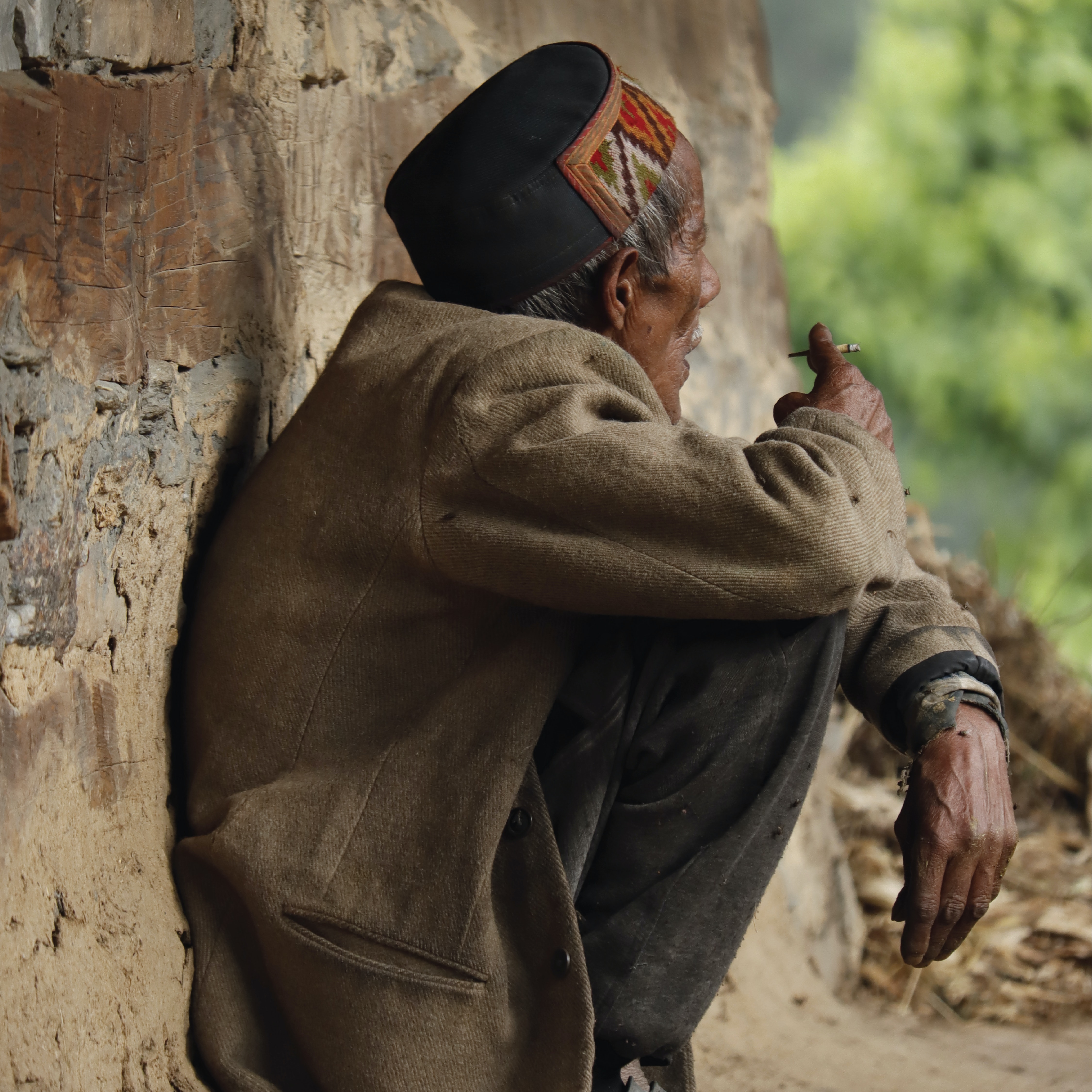
We are going to keep discussing why the mighty mountains seem to be falling apart, and why it is only the very first of the long list of tragedies to come in the future. In the last two months, more
than 500 roads were closed, educational institutes closed and the state has been under alert from the IMF.
We need to reconsider our incursions into the mountains. Maybe the problem is that there are too many of us. Maybe population is the only reason why the mountains are crumbling. It’s a good argument to make. Or motorable roads perhaps, and more people having vehicles to get there. Or airports, making the mountains more accessible for folks from states much further away, who would not have been able to make the journey any other way, but now can. Maybe it’s the commercialisation of religion-based travel, enabling and encouraging an older crowd to do what they previously wouldn’t. Maybe it’s the portability of oxygen cylinders. Maybe it’s all the lovely images on social media that prompts people to recreate their own. Maybe it’s corruption in the municipal bodies that give a go-ahead on building projects that they know to be either risky or unscientific. Maybe it is just the good old climate change ruining our country’s roof.
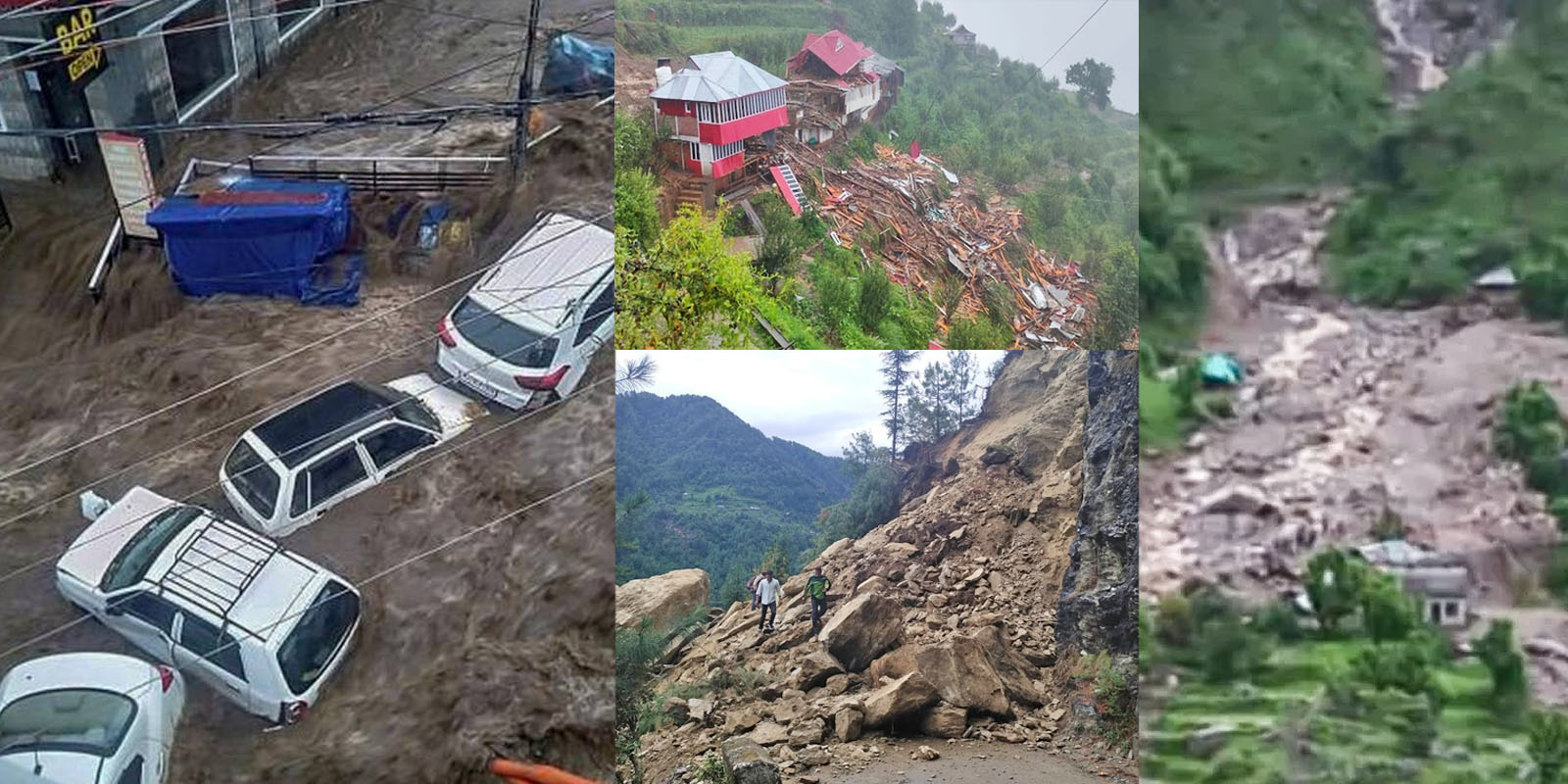
Or perhaps, and hear me out, it’s all of the above. And that is a lot of burden to carry, even for the mighty mountains and their original residents, both of whom seem to be fighting a losing battle. Amid the ruins of progress lie the untold stories of communities forever changed. These are tales of ancestral homes swallowed by urban sprawl or gone in a landslide; of indigenous wisdom overshadowed by towering skyscrapers. The very foundations that sustained generations have crumbled beneath the weight of blind progress, leaving behind heartache and a yearning for what once was.
In our relentless march towards a future paved in steel and glass, do we pause to reflect on the true cost of our choices? Can we call it progress when we carve scars into the landscape that speak of irreversible destruction? The mountains, etched with the traces of our unchecked desires, stand as witnesses to a legacy we may soon rue.
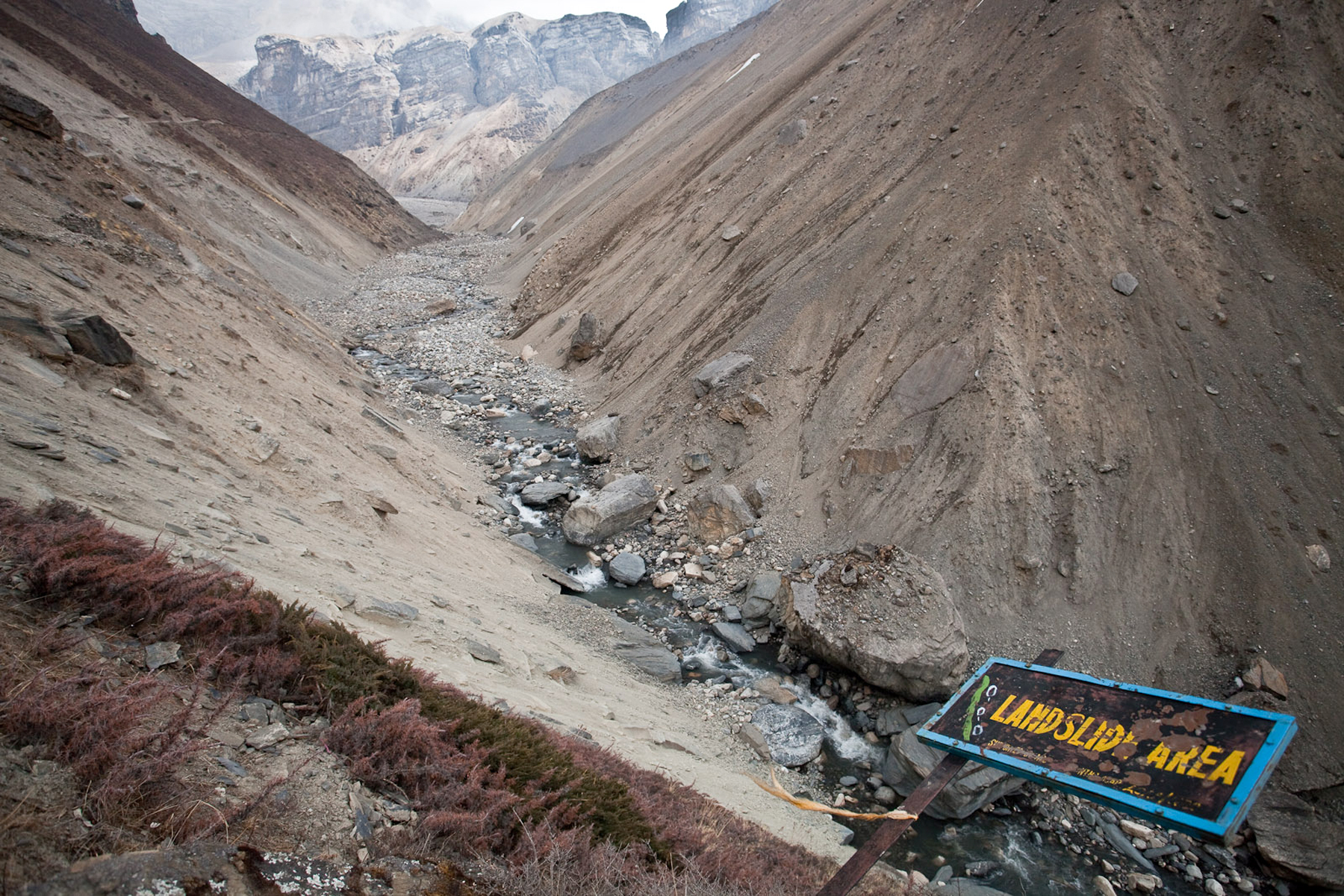
My mountains mourn, and I mourn my mountains. The echoes of these shattering peaks beckon us to tread with greater caution, to temper our ambition with wisdom, and to ensure that the pursuit of
progress is not a blight on the beauty that nature so graciously bestowed upon us.
Pablo Neruda once wrote -“Through the mountains, you go as a breeze comes.”; but I didn’t know at that time, with the breeze, I was bringing a storm of destruction to my beloved.
By: Abhishake Das
Head of Content - VYGR
© Copyright 2023. All Rights Reserved Powered by Vygr Media.



